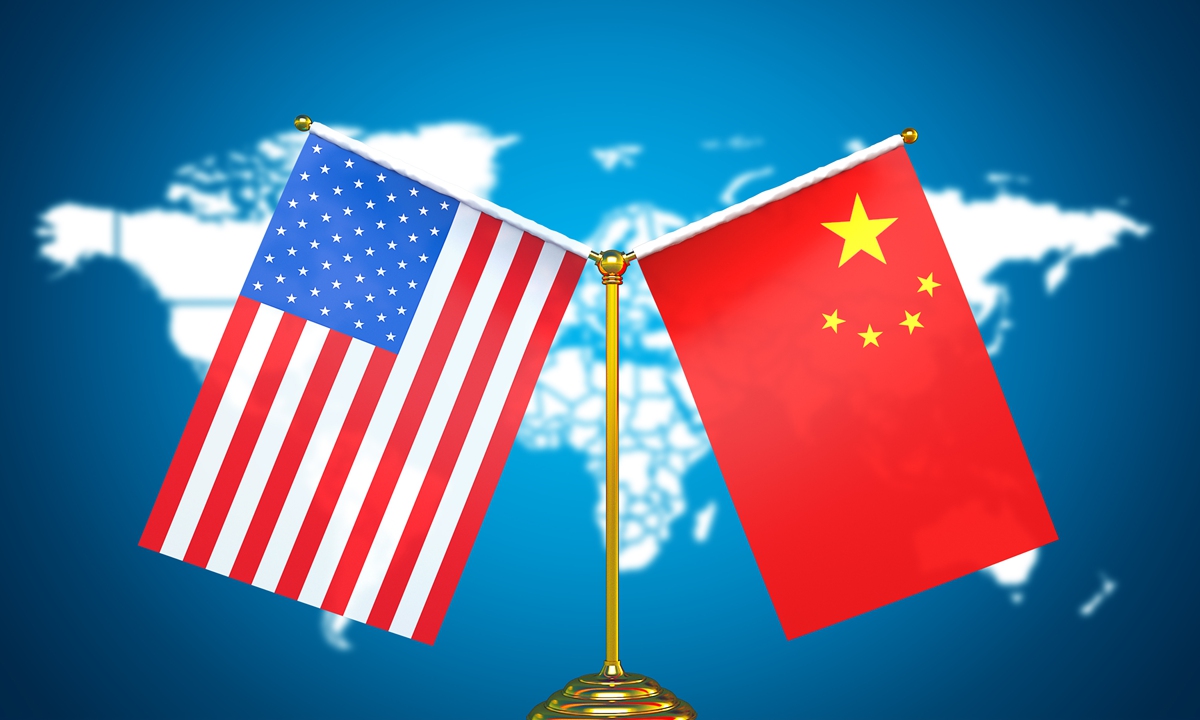US review of publicly traded Chinese companies' audit files shouldn't mix with political factors: expert

China US Photo: VCG
At a time when US inspectors are reportedly about to begin reviewing the audit files of publicly traded Chinese companies in the US, economists urge US regulators to serve market fairness and not let their work be tainted with "political factors."
"The review should serve market fairness, instead of mixing any artificial, political factors," Dong Shaopeng, a senior research fellow at the Chongyang Institute for Financial Studies at Renmin University of China, told the Global Times.
He also stressed that the US side's sentiment of confrontation is relatively severe, saying that he hoped the review work could be carried out on the principle of cooperation, with respect for both countries' laws and with the objective of protecting the investors' interests.
According to a recent report of the Wall Street Journal, inspectors from the US Public Company Accounting Oversight Board (PCAOB) are preparing to go to Hong Kong to review the audit files of publicly traded Chinese companies, so declared the Securities and Exchange Commission Chairman Gary Gensler.
The PCAOB is a nonprofit created by the US Congress and overseen by the US Securities and Exchange Commission (SEC).
The review process should take eight to 10 weeks, the report said, adding that companies that will be submitted to the review include Alibaba, JD.com and Yum China Holdings.
PwC Hong Kong and KPMG China are the first accounting firms that will help the US inspect the chosen audit clients, a report of the South China Morning Post noted.
China and the US have been stuck in a lengthy standoff in terms of audit standards for Chinese companies listed on the US market. The standoff has worsened since the two countries' relations turned harsher, following trade war and tech wrestling, and a large number of Chinese companies listed in the US are in the danger of being delisted from the US market, including the aforementioned Chinese e-commerce giants.
A number of Chinese state-owned companies have also been delisted collectively from the US stock market recently under such conditions, including China Life Insurance and PetroChina.
In late August, China's securities regulator announced that it has reached an agreement on the audit dispute for listed companies, based on the principles of equality and reciprocity and abiding by each other's laws.
But the agreement does not completely dispel worries among Chinese economists about the fate of Chinese firms listed in the US, considering that the US has resorted to multiple methods to crack down on Chinese businesses and industries.
